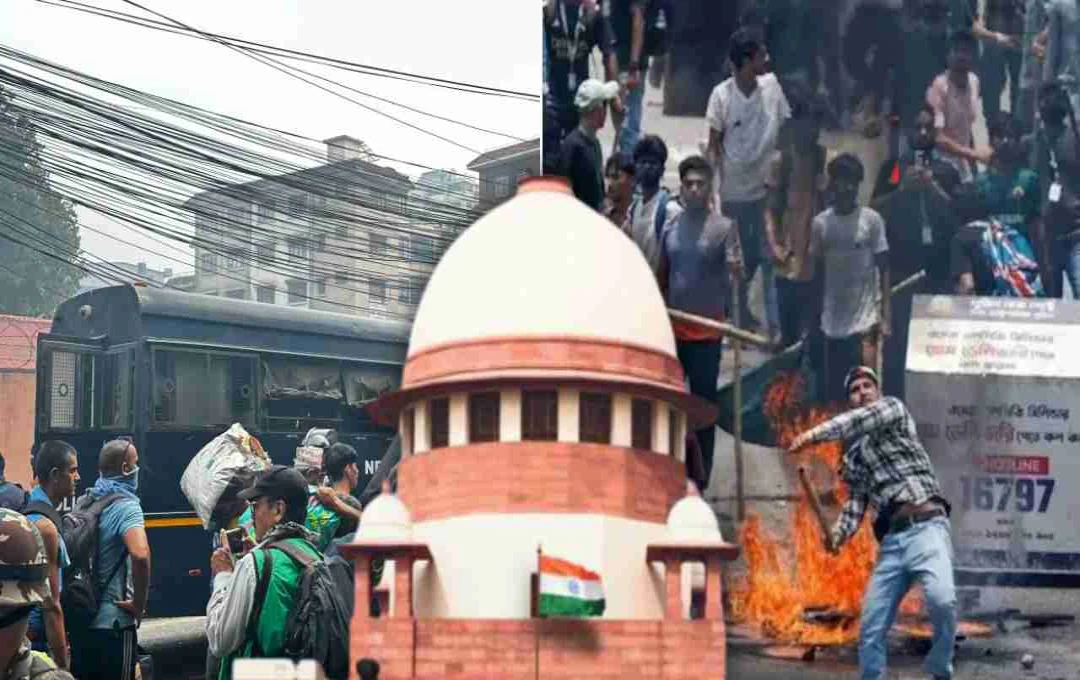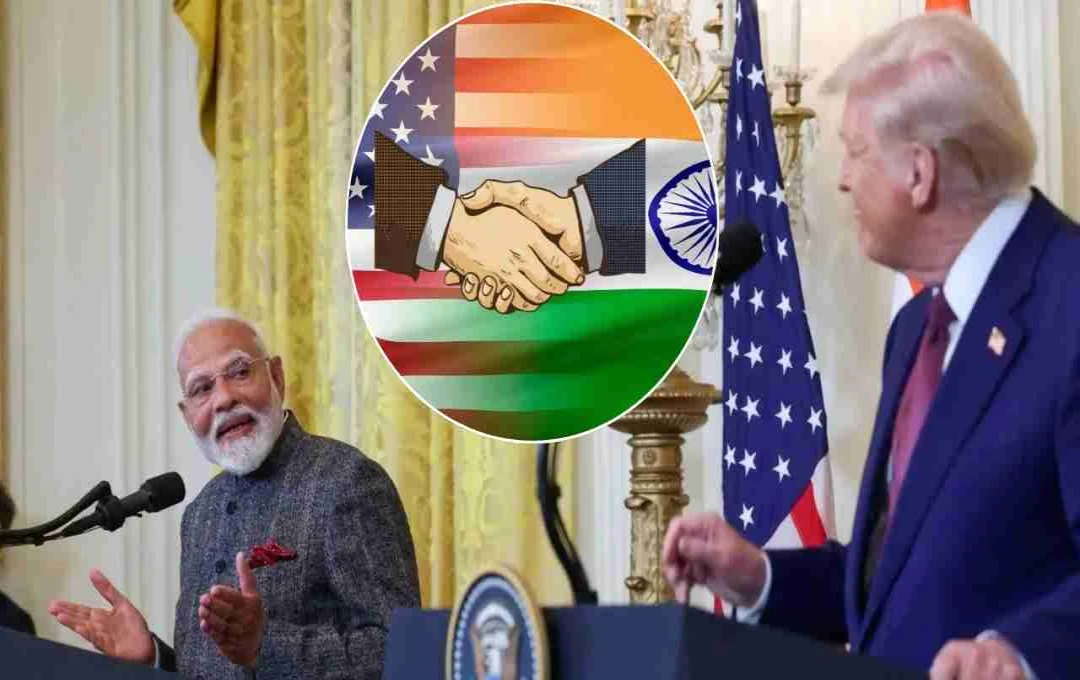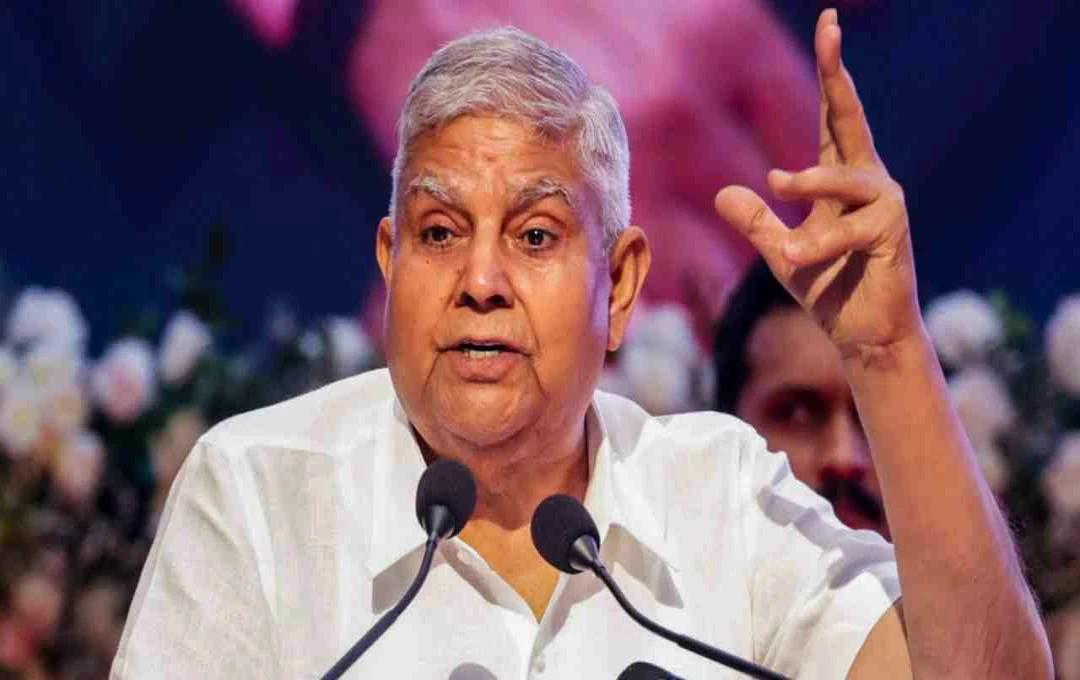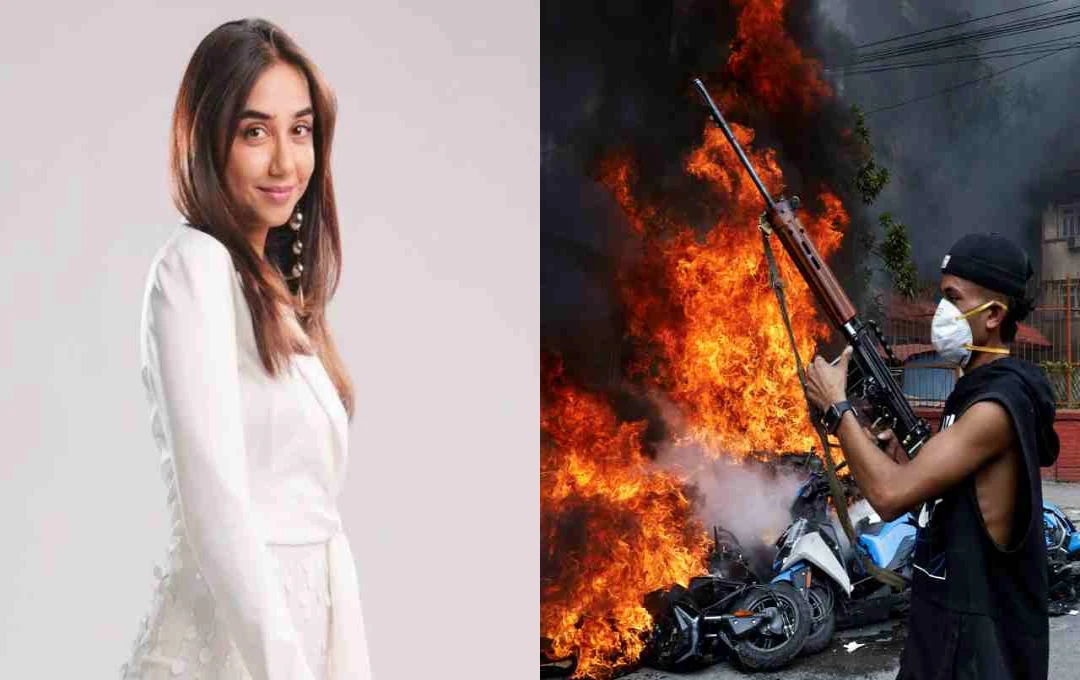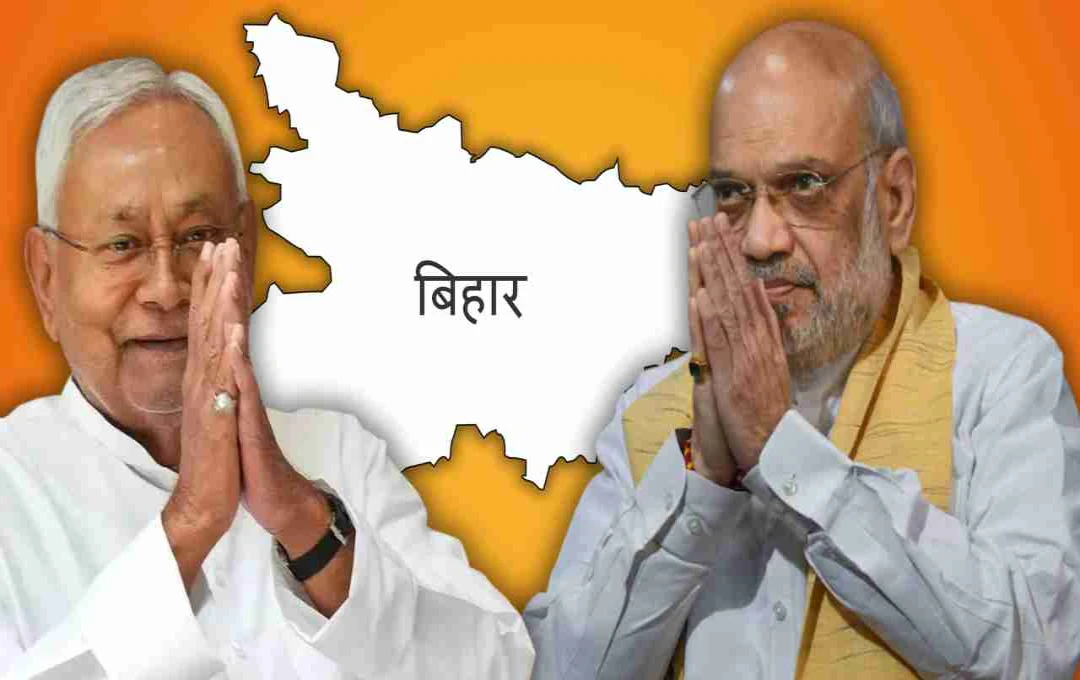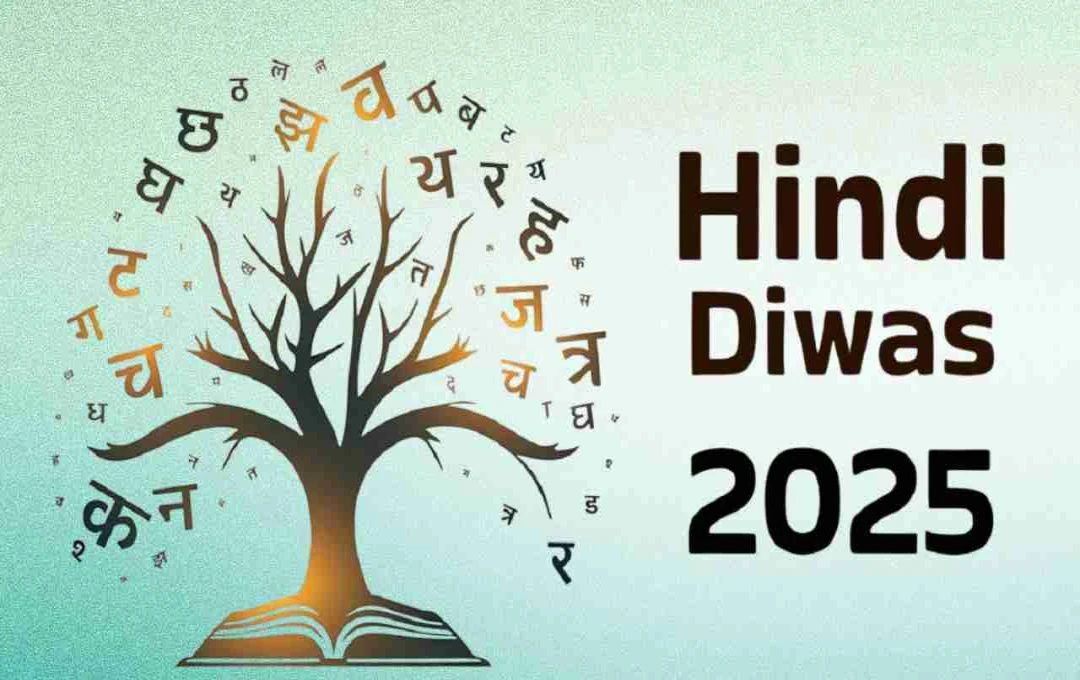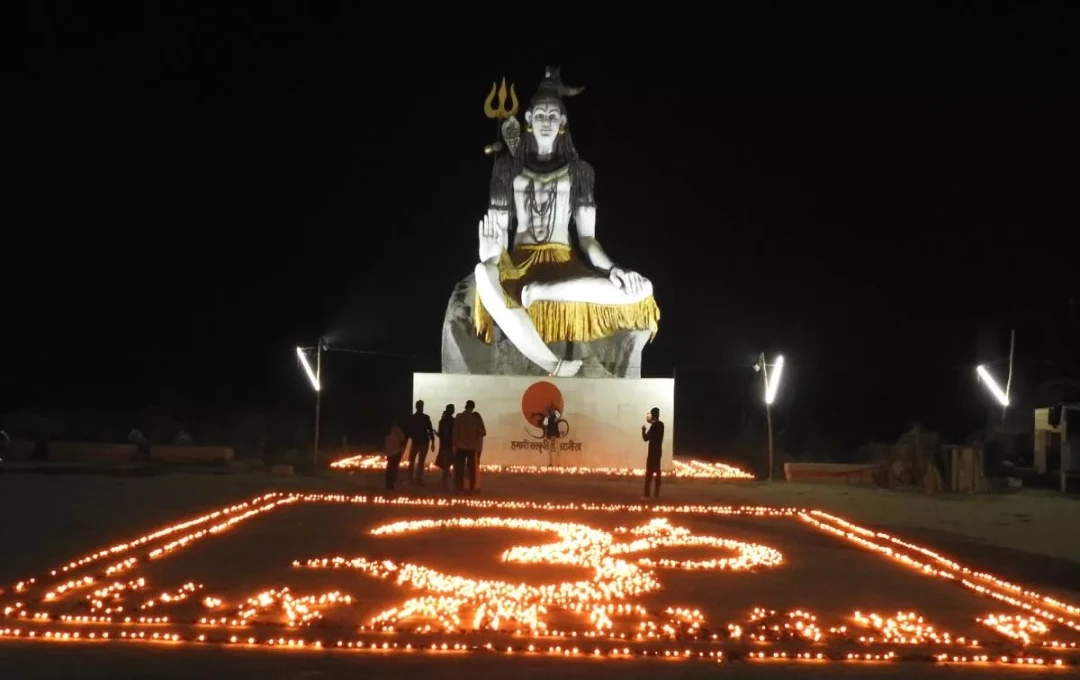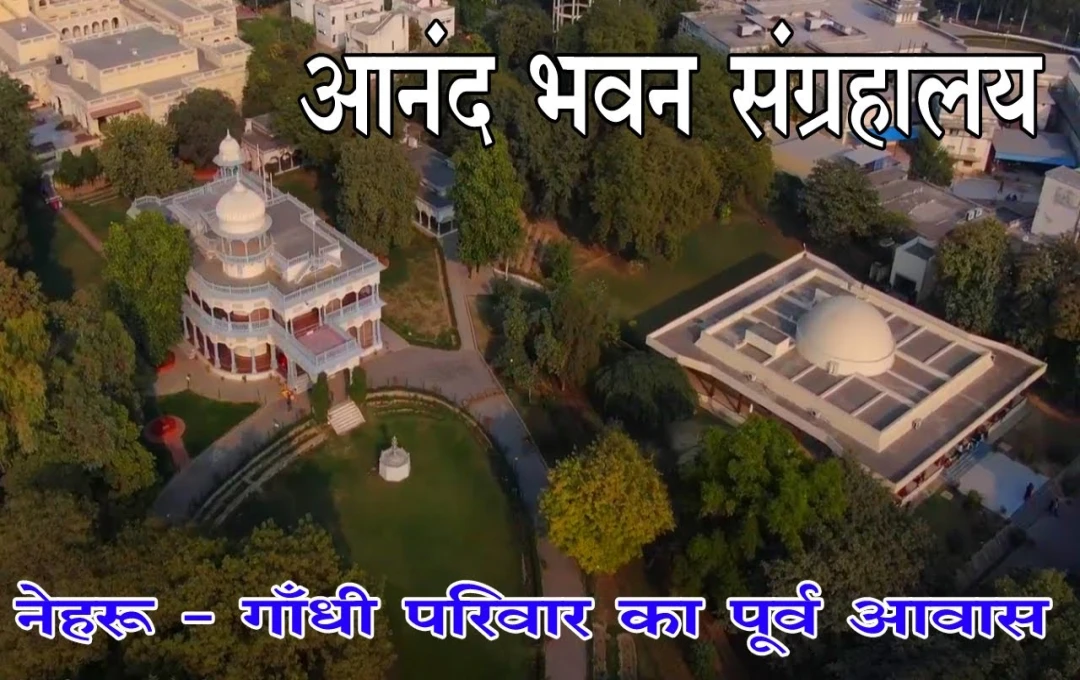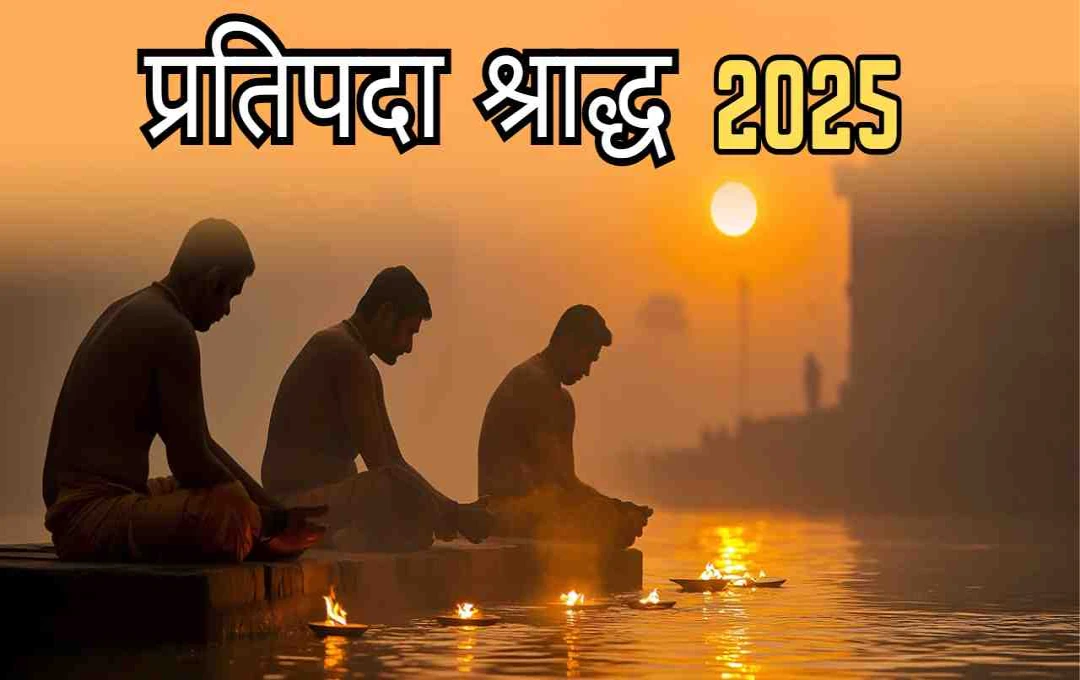Violence in Nepal and Bangladesh was mentioned during the Supreme Court's hearing on the Presidential reference. The court warned states to approve bills on time and adhere to the provisions of the Constitution.
New Delhi: The Supreme Court, during the hearing on a Presidential reference, made a reference to violent incidents that occurred in Nepal and Bangladesh. Chief Justice BR Gavai made this observation during the hearing of an April 12 order, which discussed setting a timeline for the President and Governors to approve state bills. The court emphasized the importance of the Constitution and the rule of law in this matter and also stated that the violence in neighboring countries serves as a cautionary tale.
CJI References Events in Nepal
Chief Justice Gavai stated that Nepal has recently witnessed anti-corruption movements and protests, which resulted in several deaths and the resignation of Prime Minister KP Sharma Oli. He cited this example to illustrate the serious problems that can arise from laxity in constitutional and legal processes in neighboring countries.
Justice Vikram Nath Recalls Bangladesh Violence
Supreme Court Justice Vikram Nath recalled the student-led protests that took place in Bangladesh last year. He described how government buildings were occupied and vandalized during this movement. This violence led to the death of over 100 people, and the government handed over power to an interim administration. The judge used this example to highlight that any form of negligence in legal and constitutional processes can lead to severe consequences.
The Constitution and the President's Authority
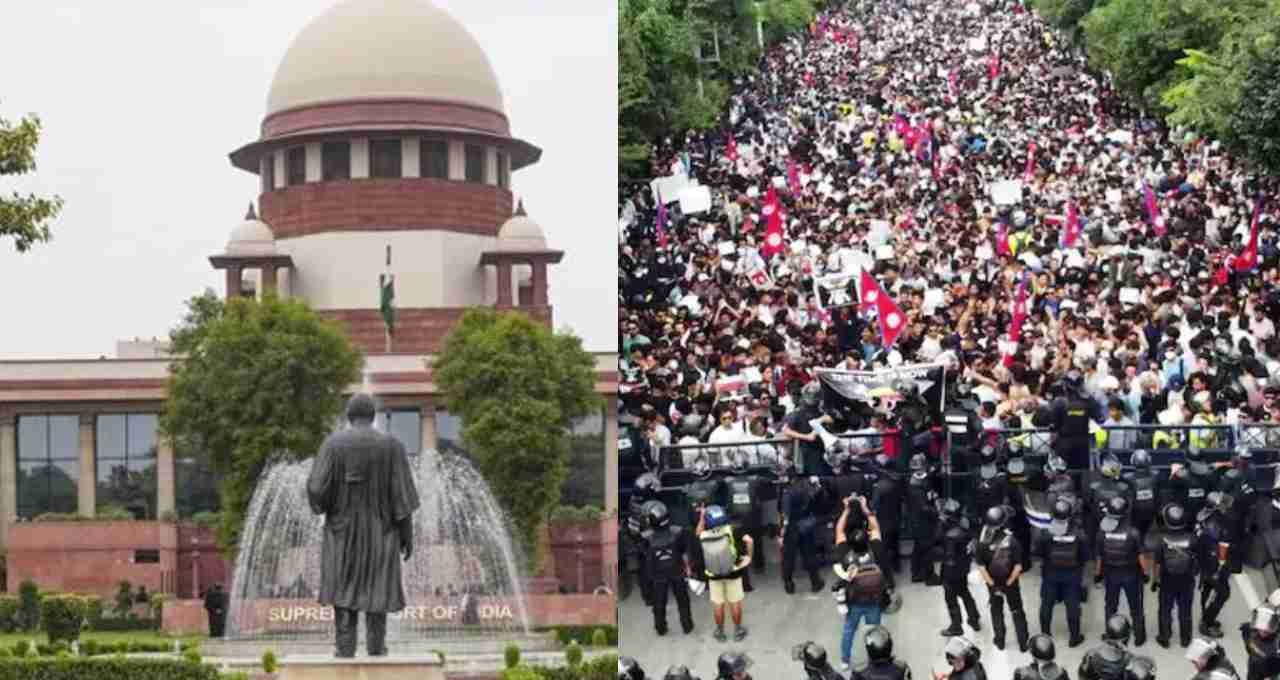
It was also discussed in court that the Indian Constitution grants the President the right to seek advice on any legal matter, especially when the issue is of public importance or affects the public. The Chief Justice remarked that we should be proud of our Constitution and adherence to the rule of law is mandatory.
Solicitor General Defends States and Governors
Solicitor General Tushar Mehta stated that delays in the approval of bills by Governors of states and Union Territories are not common. He mentioned that from 1970 to 2025, only 20 such bills have experienced delays. He also pointed out that 90 percent of all bills passed by any state government receive approval within a month.
Allegations from Non-BJP Ruled States
In this case, non-BJP ruled states like Tamil Nadu, Kerala, and Punjab alleged that their Governors were deliberately withholding assent to bills or delaying them by sending them to the President. The Supreme Court took note of this and cautioned the states to act in accordance with the Constitution and the law.
Supreme Court's Warning
Chief Justice BR Gavai stated that the events in neighboring countries make it clear that disregarding democracy and legal processes can lead to grave consequences. The court also added that while statistics are important, adherence to constitutional discipline must be maintained at all costs.
